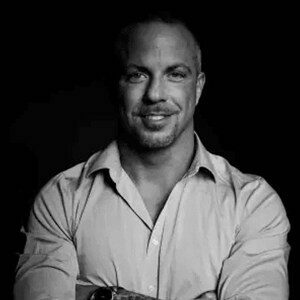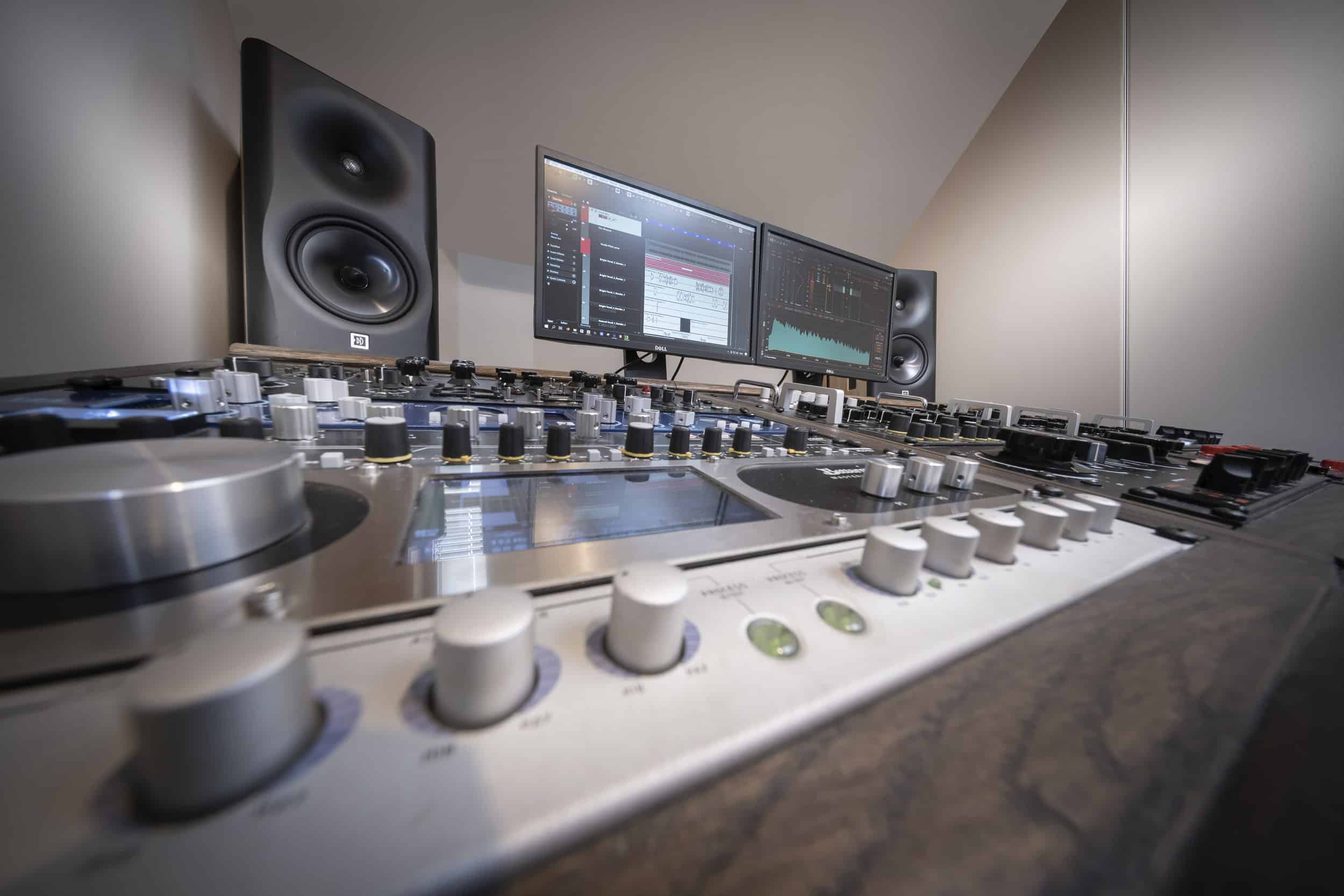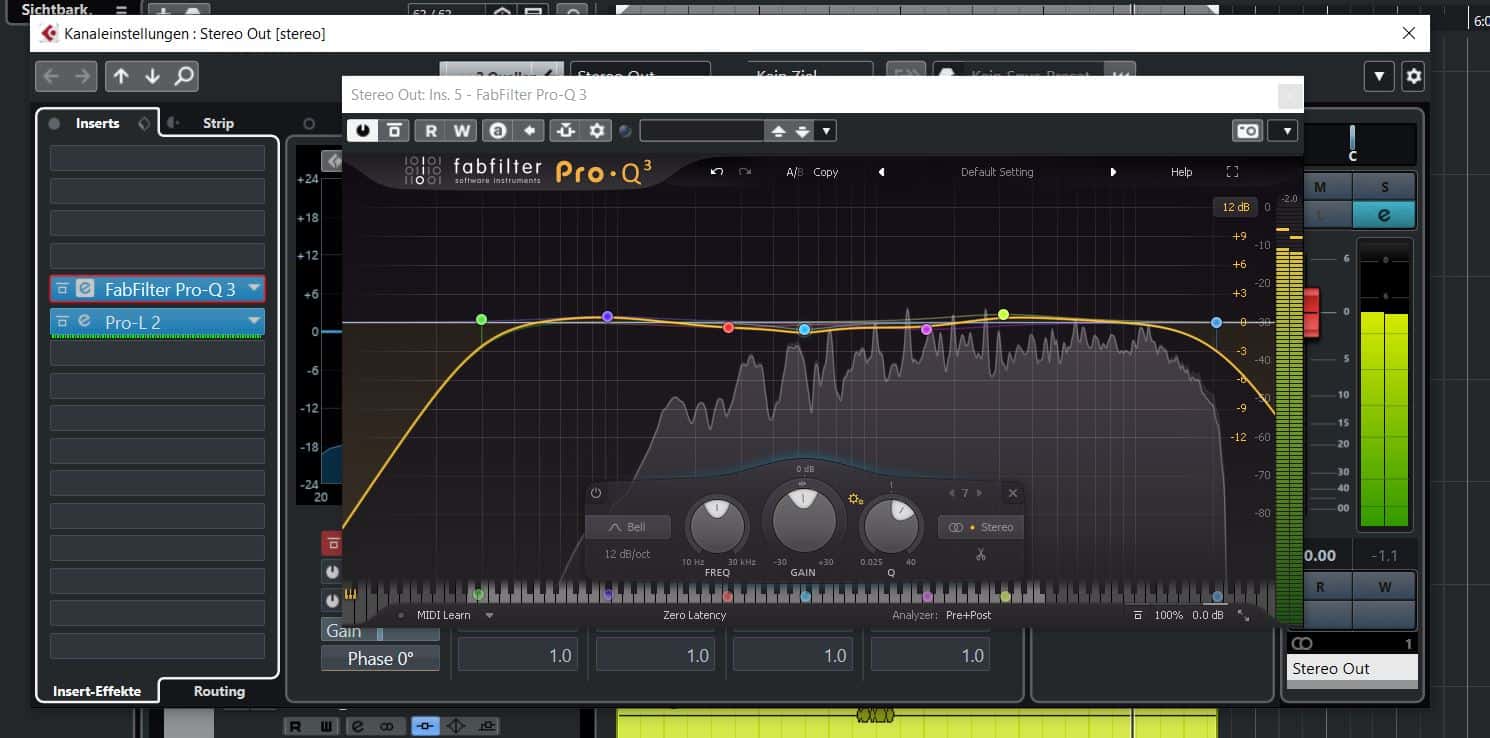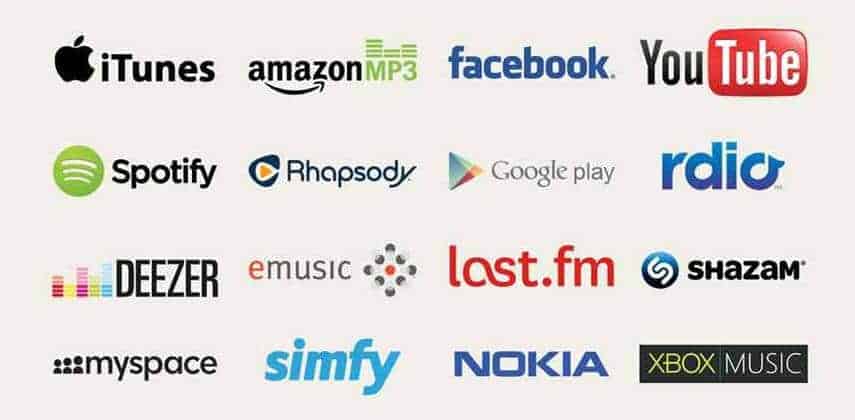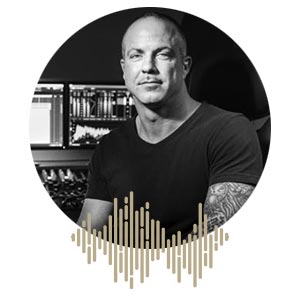MIXING IN THE BOX OR ANALOGUE - WHAT'S BETTER?
Lately we have noticed more and more that many high quality studios are her Mixing "in the box", i.e. purely digital, and only switch to processing with analog hardware for the mastering process.
Due to the large number of high-quality plugins and powerful computers, it is now possible to use very high-quality and sensible ones production to mix. But what about "total recall“- the restoration of all settings - and the ultimate sound quality really look like?
IS THE ANALOG PROCESSING OF AUDIO MATERIAL "RECALL" CAPABLE?
Unfortunately only to a limited extent. We stand by in advance analog devices before a hurdle and these are the ones Poti controller. In the ideal case, one has a grid with a clearly recognizable grid. This can still be represented relatively well with EQs, but at the latest with compressors it is already starting to get difficult there, right here, due to the threshold one Rasterization is difficult.
Some manufacturers of analog devices now have one Software interface built into their models. One speaks here of so-called Hybrid devices. With the help of this software integration, it is possible to save settings and presets digitally from the computer and transfer them to the analog device with one click.
Another option is offered by numerous software manufacturers who have developed a program that lists almost all common analog devices; with the respective illustrations and controls. Here they can Settings manually Profiles are transferred to the images and are therefore available relatively quickly.
Why relative? Because if we have to do a recall, we use the pictures and values to set the settings manually transferred to our devices have to. Of course, this takes time and involves a certain amount of additional work, since you first need another program to load the settings and then transfer them manually to your equipment. With one or two compressors or other hardware, this is certainly not a problem, but if the amount of hardware used increases, the effort for the transfer from the analog devices to the program and back again increases accordingly.
The ones for us most suitable and time-saving method is still that manual photographing of the equipment and manual transmission of controller settings, based on the photos. We save the photos in our project folder, with the respective caption stating which instrument group or which instrument/voice it is. The advantage here is that you don't have to buy external software and thus also have to look for the right settings for the work step in the individual project.
What we find here, however, is that with all of these possibilities, it only It is partially possible to reproduce a mix to 100%. A clear point for mixing in the box.
It is a question of asking yourself again and again whether it is really about reproducing a mix 100% or about harmonizing tonality within a title. Everyone should answer this question for themselves. But what's the deal with the sound now?
ANALOGUE OR DIGITAL - WHICH PROCESSING SOUNDS BETTER?
When we got down to the topic, the first consideration we got was the in-game price. A digital compressor as a plug-in for 99 €, or an analog compressor for 6000 €? There should be a justification for both of them doing the same thing, or don't you think so?
At this point, we don't want to carry out any detailed tests, but instead encourage you to compare a plugin with an analogue device yourself. If you want to deal with the modeling of analog devices in plugin form, we recommend our contribution to analog vs. digital.
For us personally, we have found that there have always been differences and, in the end, those Software was behind the hardware variant in all cases. Sometimes, we have to admit very clearly, it was really just little things that were different, such as a clearly crisp kick / bass range or higher resolution heights. In all cases we could but find the analogue processed material to be much more grippy. Whereas the software variants are always a bit sounded plastic and flat and this with the same settings.
See for yourself and decide for yourself. With several instances of different digital plugins, you get so close to the analog device that it is difficult, if not impossible, to hear the difference here. However, you need significantly more instances of different plugins than analog devices for the same result. At least if you have decided on a special model based on a sound quality. This is our experience.
But what about the time savings now?
DOES DIGITAL AUDIO PROCESSING REALLY SAVE MORE TIME THAN WITH ANALOG DEVICES?
Ten always depends on the way you work and the workflow. Of course, the effort is greater if you want to change something in the arrangement of the already completely finished mix. If you divide the mixdown into very clear processes and cuts, you can make small changes to the sound very quickly. If you only work on e.g group level with analog devices, so you can Benefit from the analog sound as well as edit the affected group relatively easily and quickly in the event of changes without having to touch the entire title again.
What for us in the way of working is a significant time saving - the first reason is sound. Comparing a digital mix with analog gear, we're going for the first really good draft the plugins have a clear advantage in terms of time.
It just sounds good faster.
OUR CONCLUSION ON "MIXING IN THE BOX"
Both digital and analog you get a very, very good sound, provided you have the skills to operate the equipment correctly and understand music. For our taste, we always prefer analog processing to digital. But digital processing is also used in our everyday work. For example, we clean the tracks digitally before we go into analog processing.
In our opinion, the grip of a title is much easier and faster to ensure with analog devices than with software plugins. Mixing in the box is and will remain a good alternative to analog hardware.
WANT TO ANALOGUE SOUND?
With the analog mixing from Peak Studios, we take your sound to the next level!
